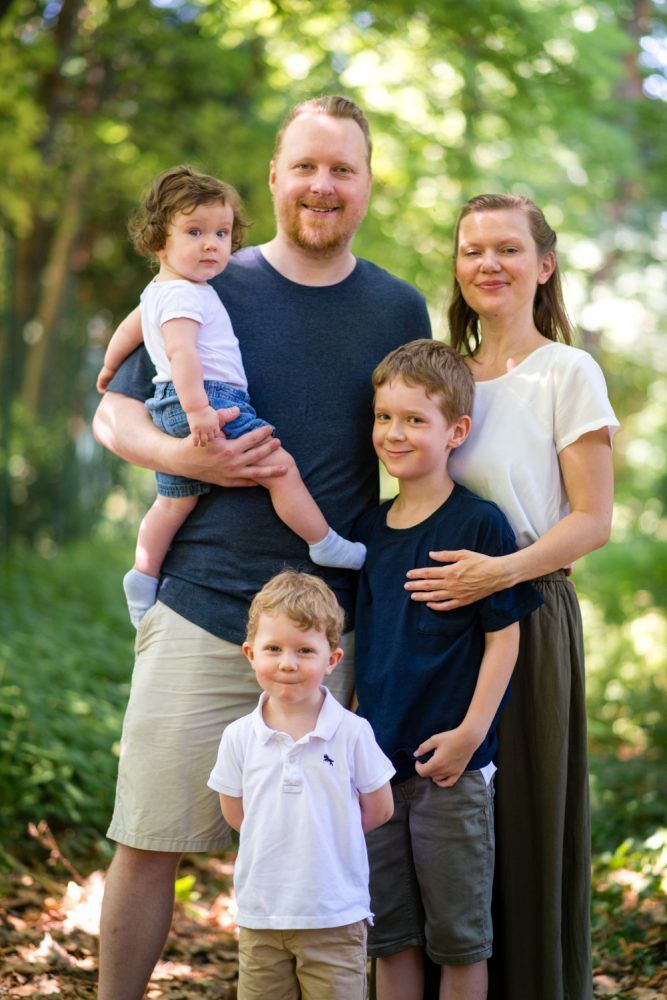Parent Reflection on OCNDS Awareness Day 2022

For most people, April 5th isn’t a particularly important day. For my family, and approximately 200 others worldwide, it’s a day of great importance. On April 5, 2016, the first paper was published on a new, extremely rare disease called Okur-Chung Neurodevelopmental Syndrome (OCNDS). There were 5 children included in the study, the only individuals in the entire world with this diagnosis at the time. International OCNDS Awareness Day was established to honor the significance of that day for our community as well as to spread awareness of this genetic disease.
When your child is diagnosed with an ultra-rare genetic disorder, it’s hard to orientate yourself to the new life and world you’ve been placed in through no choice of your own. It was already painful watching our child develop so slowly in comparison to others in his baby group and not understanding why. Listening to our genetic counselor say that our son was the only person in Austria with OCNDS, and therefore no doctor would know his disease nor be interested in studying it, was like salt in a wound. She advised us to start various forms of therapy and sent us on our way. The walk home is still a blur and the days that followed were full of tears. It was hard to imagine getting up and living life as we knew it again, let alone figuring out how to best care for our rare disease child.
It was with these daunting feelings that we started searching for other families in the aftermath of our diagnosis. We couldn’t believe our luck when we found the CSNK2A1 Foundation. This organization was founded by Jennifer Sills; the mother of the 6th child diagnosed with OCNDS. It was established in 2018 and has grown to around 200 families worldwide. I will never forget our intake call with Jennifer. It was such a blessing to speak with someone who knew exactly what we were going through. She added us to the private Facebook group where we could connect with other families with the same diagnosis. These connections became, and continue to be, our lifeline, constantly reminding us that we are not alone.
When we started our diagnosis journey, we felt terrified but now we have a second family through the CSNK2A1 Foundation. We also came to realize that we can make a difference. Our Foundation is driving the research needed to help treat or even cure those diagnosed with OCNDS. Along the way, we are also determined to spread awareness for OCNDS. Through awareness comes acceptance, and we will never tire until we know we have made this world a better place for those living with OCNDS. My son works tirelessly to achieve the smallest of milestones that most parents wouldn’t even give a second thought. While he fights to develop the most basic of skills, I will fight to make sure his work never goes to waste.
Join me on April 5th to spread awareness for OCNDS. Like the CSNK2A1 Foundation Facebook , Instagram and LinkedIn pages and while you are at it, share this post! There is no mountain too high when you have a community around you who cares. Your support brings real change to families like mine.
